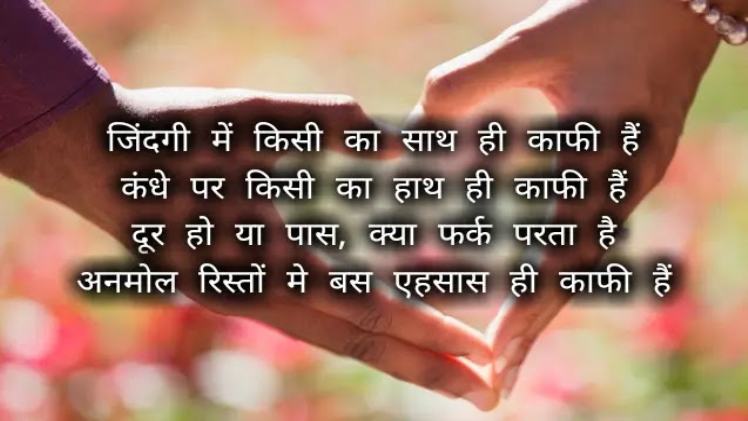Ye Tumhari Bhen hai Ya Biwi is a phrase that has become increasingly popular in India and Pakistan over the past few years. It loosely translates to “Is she your sister or your wife?” and is often used in situations where a man is seen with a woman who is not clearly identified as either his sister or his wife.
The phrase has gained notoriety because of its use in a number of real-life incidents where men have been caught in compromising situations with women who are not their wives. These incidents have caused a great deal of controversy and debate, with many people questioning the morality of such behavior.
One such incident took place in a small village in Pakistan several years ago. A young man named Ali had recently gotten married, but he was still very close to his older sister, Saima. The two of them had grown up together and were very close, so it was not unusual for them to spend time together.
One day, Ali and Saima were out shopping when they ran into one of Ali’s old friends from school. The friend was surprised to see Ali with a woman he didn’t recognize and asked him if she was his sister or his wife. Ali, not thinking much of it, replied that she was his sister.
A few days later, however, the friend saw Ali and Saima again, this time in a more intimate setting. He immediately spread rumors throughout the village that Ali was having an affair with his own sister. The news quickly spread and soon everyone in the village was talking about it.
Ali and Saima tried to defend themselves, but the rumors were too strong. They were both ostracized by the community and even their own family members began to turn against them. Ali eventually divorced his wife and left the village, while Saima was forced to move to a different town to escape the shame and humiliation.
This incident is just one example of how the phrase “Ye Tumhari Bhen hai Ya Biwi” can be used to destroy someone’s reputation and social standing. It highlights the deep-seated cultural taboos surrounding relationships between men and women in certain parts of South Asia.
Many people argue that these taboos are based on outdated and patriarchal notions of morality and that they need to be challenged and overcome in order for society to progress. Others, however, believe that these taboos are an important part of traditional values and should be preserved.
Regardless of which side you take, it is clear that incidents like the one involving Ali and Saima can have devastating consequences for individuals and their families. It is important to remember that words have power and that we should always strive to treat others with respect and compassion.
In many ways, the phrase “Ye Tumhari Bhen hai Ya Biwi” reflects the larger societal issues facing South Asia today. Women continue to face discrimination and violence at alarming rates, and attitudes towards gender roles and sexuality remain deeply entrenched.
However, there are also signs of progress and change. Women are increasingly demanding their rights and fighting back against gender-based violence and discrimination. Social media has provided a platform for marginalized voices to be heard and for discussions about taboo topics to take place.
Ultimately, it is up to all of us to work towards creating a more just and equitable society. We must challenge harmful stereotypes and prejudices, and learn to respect and value each other as individuals. Only then can we truly move forward and build a better future for ourselves and for generations to come.


